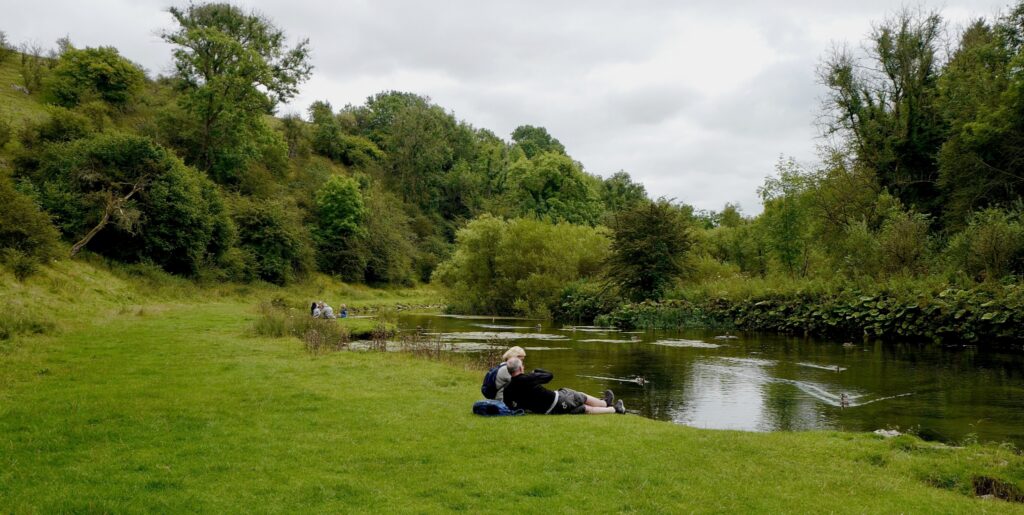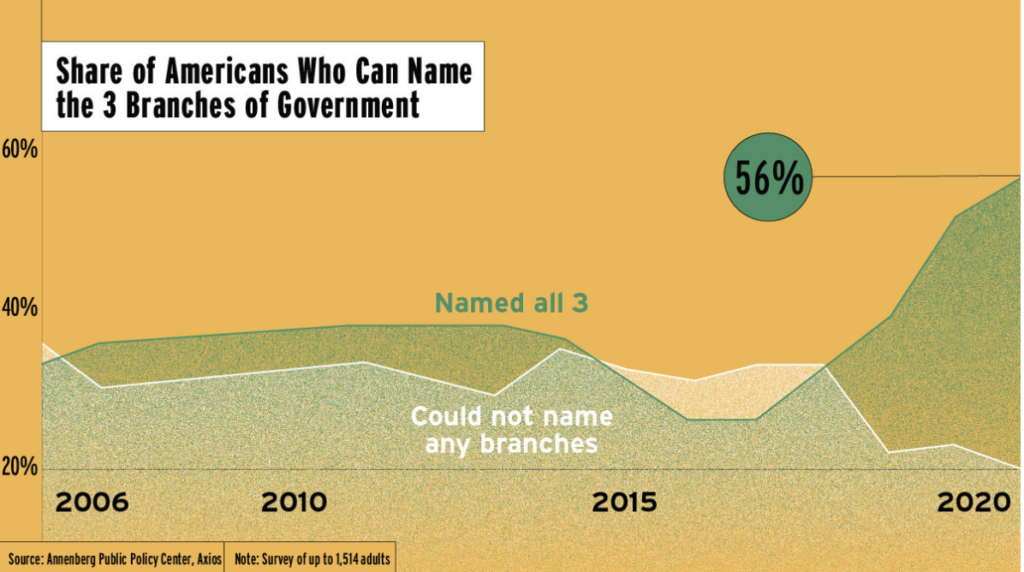Rural idyll

Upper reaches of the river Dove, Derbyshire
Quote of the Day
“The war against global warming has no precedent in human history because it is “us vs. us,” each of us against our own consumerist habits and addiction to economic growth.”
- Editorial, Noema magazine
Musical alternative to the morning’s radio news
Mozart | Così fan tutte | Soave sia il vento
Nicolas Rivenq as Don Alfonso, Miah Persson as Fiordiligi and Anke Vondung as Dorabella sing the trio ‘Soave sia il vento’ in the 2006 Glyndebourne Festival Production..
I once heard this sung at Glyndebourne in an earlier production. Ravishing. It’s a lovely opera and, like almost all opera, deeply politically incorrect.
Long Read of the Day
Can Anyone Reshape the State?
Interesting (and canny) essay by Nicholas Colin that I missed on its publication in January 2020, when Dominic Cummings was in his pomp and the British state had yet to have its bruising encounter with reality in the shape of Brexit and Covid. In a way, it’s an explanation of why Cummings was bound to fail in his fantasy of re-making the UK state. But it’s much more wide-ranging than that.
Well worth a read.
Stagflation 2.0 looms
I’ve had to stop listening to the Today programme (again) because of my irritation with the increasing — and clueless — obsession with (a) “shortages” at Christmas and (b) rising inflation. The historical amnesia of mainstream media is a thing to behold. And it’s clear that nobody editing these shows remembers the 1970s and what happened after the Yom Kippur war and the quadrupling of oil prices.
Which is why an article by the Yale economist Stephen Roach published in the Financial Times in May last year was worth digging up. It may be behind the paywall (I can never tell because I have a subscription), but here’s the bit of the piece that registered with me:
In the early 1970s — despite periodic pressure from globally traded commodities — inflation was primarily a local affair, driven by domestic labour markets, national regulatory regimes and relatively closed economies that did not depend much on cross-border trade. The advent of global supply chains changed all that.
They arose from Japan’s just-in-time production systems of the 1980s and took flight thanks to plunging transportation costs, new technologies and breakthroughs in supply logistics. The IMF estimates that almost three-quarters of the increase in trade between 1993 and 2013 was due to the growth of supply chains. With trade rising fivefold in those 20 years, the chains helped power global economic expansion.
As significantly, they were an important source of disinflation. Before Covid-19 hit, the Bank for International Settlements estimated that global inflation would have been about one percentage point higher were it not for the supply-chain enabled efficiencies of global production.
Therein lies the inflationary risk for the post-coronavirus world. As part of a growing backlash against globalisation in general, and China in particular, nations are threatening to bring their offshore platforms back home. Tokyo has set aside ¥243bn of its record ¥108tn rescue package to help Japanese companies pull their operations out of China. Larry Kudlow, economic policy chief to US President Donald Trump, has hinted at similar anti-China measures for American companies.
This reshoring flies in the face of everything we learnt about comparative advantage from David Ricardo. Reshoring may well increase the security of supplies. But it will also involve higher-cost domestic producers.
Yep. One sobering thing about that excerpt is that it points out the global implications of Toyota’s invention of the ‘Lean Machine’ (or just-in-time production). Obvious, once it’s been pointed out, but I missed it at the time. Also, nice to see the reference to Ricardo.
Chart of the Day

From Scott Galloway.
Political literacy is on the rise in the US. Who knew?
My Commonplace booklet
Eh? (See here)
“Even it you want to get rid of the state and replace it with something else, remember Gall’s Law: “A complex system that works is invariably found to have evolved from a simple system that worked. A complex system designed from scratch never works and cannot be patched up to make it work. You have to start over, beginning with a working simple system.” — Nicholas Colin
This blog is also available as a daily newsletter. If you think this might suit you better why not sign up? One email a day, Monday through Friday, delivered to your inbox at 7am UK time. And it’s free!
